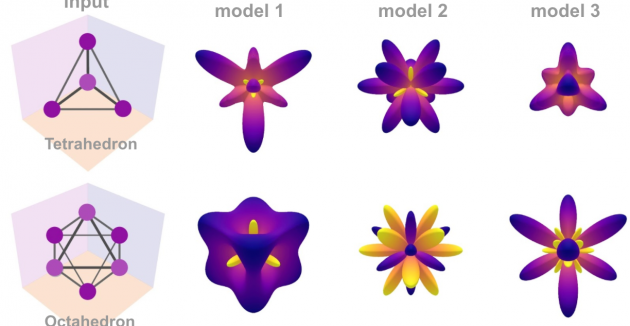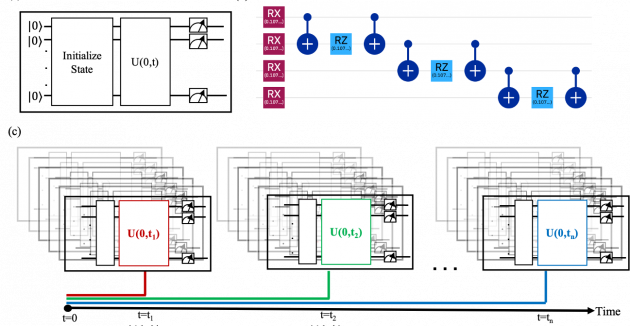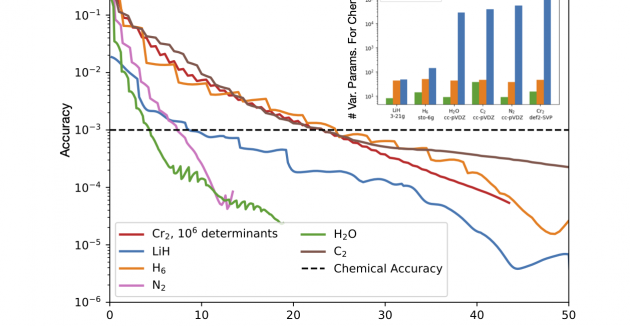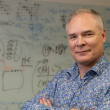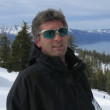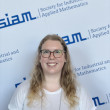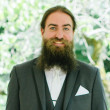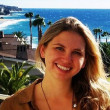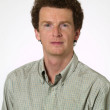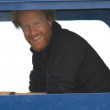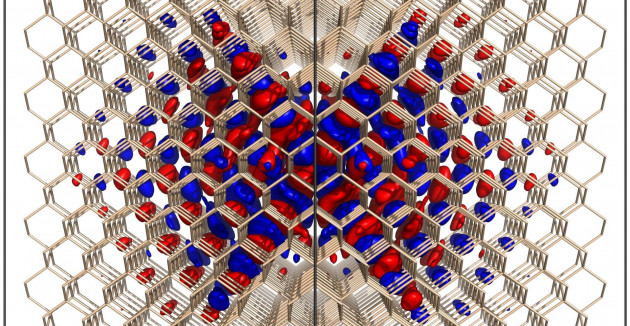
Electronic Properties of Materials at 100 PFLOP/s
Mauro Del Ben (ACSD) and Charlene Yang (NERSC) lead the optimization of the BerkeleyGW software package on leadership class HPC systems. By exploiting GPU acceleration they demonstrate for the first t…

AI for More Efficient Flying Qbits
A cross-Divisional collaboration is working on an AI approach to developing more efficient quantum transducers.
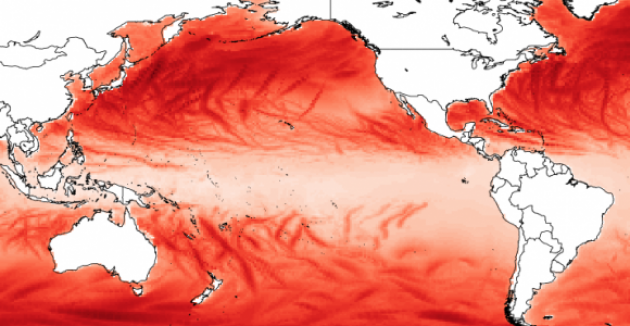
Researchers Catch Extreme Waves with High-Resolution Modeling
Using decades of high-resolution global climate data, researchers were able to capture the formation of tropical cyclones and the extreme waves that they generate.
The Applied Computing for Scientific Discovery Group is focused on enabling scientific discovery through the development of advanced software applications, tools, and libraries in key scientific research areas, as well as the development of scientific computing applications and capabilities for the integration and analysis of complex data from simulation and experiment. Members of the group have expertise in domain science areas, applied mathematics, quantum computing, machine learning, and computer science.
The group develops
-
Scientific applications in areas such as atmospheric modeling and materials & chemical sciences, health, and biology,
-
Methodologies and strategies for computational science, designing and implementing highly efficient computational kernels, and
- Approaches to utilize exascale computers, quantum computing, and machine learning for scientific discovery.
Group Leader: Bert de Jong
Administrative Assistant: Rachel Lance









